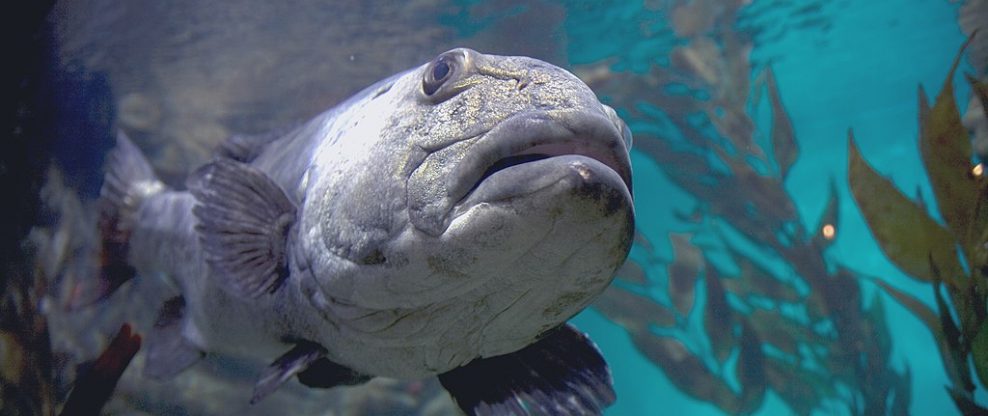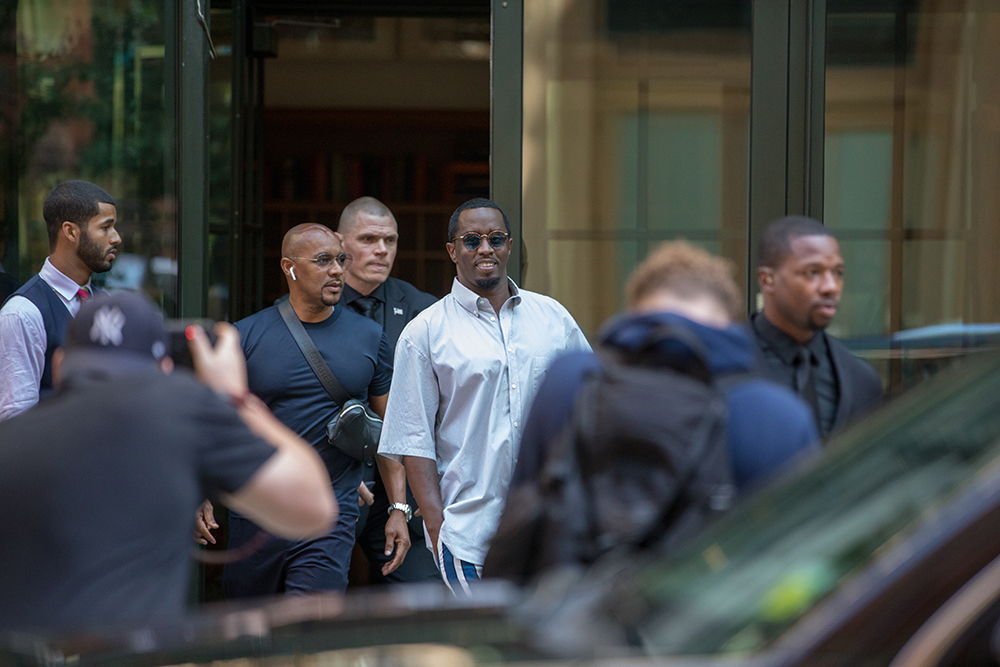MIAMI (CelebrityAccess) EDM destination event Ultra Music Festival is moving from Miami’s Bayfront Park to the nearby, offshore Virginia Key and it apparently could be highly disconcerting to marine life.
Scientists from the University of Miami have raised concerns that the festival’s oontz-oontz music could be harmful to the ocean environment and, although it apparently has received its share of ribbing, the complaint may have some viability, according to the Miami Herald.
Perks of moving to Virginia Key:
– tons of space, much larger event grounds
– 2am closing time
– even better views of the Miami skylineare you ready for a new, improved #Ultra2019? 🎉🌃☀🌴🎶 pic.twitter.com/geMQ961T93
— Ultra Music Festival (@ultra) November 21, 2018
The university has labs on Virginia Key and, according to the National Oceanic and Atmospheric Administration, noise pollution is becoming an increasing problem for marine life. The agency adopted a 10-year plan to deal with the incredase of noise in U.S. waters from boat engines, underwater construction and other activities that interfere with the ability of manatees, dolphins, reef fish, shrimp and other marine life to find food and mates and to escape predators, according to the Herald.
Ultra’s music is limited to 110 decibels within 60 feet of each stage with more stages expected to be erected in the parking lot near Miami Marine Stadium, but, according to the dean of the Rosenstiel School of Marine and Atmospheric Science, 110 decibels becomes 172 decibels in water, louder than a jet engine and loud enough to break glass.
Meanwhile, it’s a time of romance on Virginia Key: the school has spent years breeding cobia, mahi mahi, and yellowfin tuna among other fish, and the festival coincides with spawning season, accordiong to the paper.
“Success is directly related to the well-being of the broodstock, which takes three to four years to develop,” Rosenstiel marine biologist Martin Grossell told the Herald. Damage to the fish could jeopardize research efforts, which helped seal a $19 billion settlement after the 2010 BP oil spill.
That’s not all: the festival arrives at a vulnerable time for the university’s hatcherty lab because many firsh were moved to Rosenstiel’s reinforced hurricane surge tank before Hurricane Irma. The labe itself suffered significant damage and the booming music could do long-term damage to the fish, Grossell said. Scientists worry the music could startle them to death because they could slam themselves against the sides of the tank or attempt to jump out to escape the sound.
“If humans are disturbed, it is highly likely the animals are, and the animals tend to have less capacity and resilience to cope with the disturbance due to a whole host of other, mainly human-caused stressors and threats,” Canadian biologist Linda Weilgart told the paper.
“If it’s so disruptive to homeowners in downtown and all the way to Brickell — behind hurricane glass — that they voted not to have [the festival] in their community anymore, imagine how disruptive it’s going to be to wildlife,” said Miami Waterkeeper executive director Rachel Silverstein. “This is an area that is supposed to be set aside for wildlife.”




















































